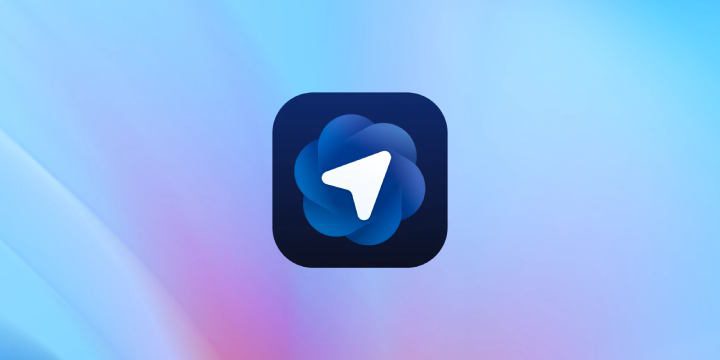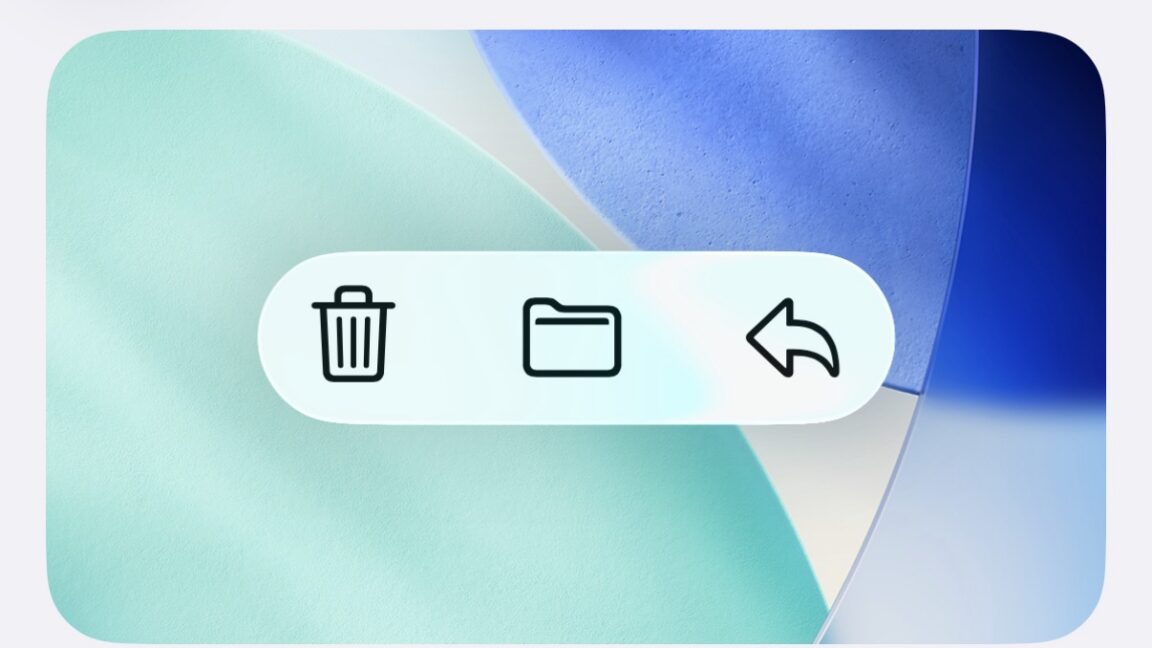
openai looks for its google chrome moment OpenAI has unveiled its new Atlas web browser, aiming to integrate its ChatGPT technology into the online browsing experience, reminiscent of Google’s transformative launch of Chrome in 2008.
openai looks for its google chrome moment
Introduction to Atlas
In a significant move to reshape how users interact with the internet, OpenAI has introduced the Atlas web browser. This new browser is designed to facilitate a more conversational and interactive experience, allowing users to engage with web pages through OpenAI’s advanced ChatGPT Large Language Model. The question at the heart of this innovation is simple yet profound: “What if I could chat with a browser?” This concept was articulated by OpenAI’s team during the announcement, highlighting the potential for a more integrated and user-friendly online experience.
Vision Behind Atlas
OpenAI’s Founder and CEO, Sam Altman, elaborated on the vision for Atlas during a livestreamed announcement. He emphasized that the browser aims to enhance how users interact with the vast resources available online. “ChatGPT will become a core way that users interact with the place where a ton of work and life happens,” Altman stated. This vision reflects a broader trend in technology where conversational interfaces are increasingly becoming central to user engagement.
The Chat Experience
Altman envisions a future where the chat experience and web browsing are closely intertwined. He remarked, “The way that we hope people will use the Internet in the future… is that the chat experience and a web browser can be a great analogue.” This perspective aligns with the growing demand for more intuitive and interactive online experiences, where users can seek information and assistance in a conversational manner rather than through traditional search queries.
Features of Atlas
Atlas is designed to offer a range of features that set it apart from traditional web browsers. By integrating ChatGPT, users can engage in real-time conversations with the browser, asking questions about the content they are viewing or seeking clarification on complex topics. This functionality aims to make information retrieval more efficient and user-friendly.
Conversational Interface
The cornerstone of Atlas is its conversational interface. Users can type or speak their queries, and the browser will respond with relevant information or guidance based on the context of the web page. This feature is particularly beneficial for users who may struggle with traditional search methods or those who prefer a more interactive approach to information gathering.
Contextual Understanding
One of the key advantages of integrating ChatGPT into Atlas is its ability to understand context. Unlike standard search engines that return a list of links based on keywords, Atlas aims to provide tailored responses that consider the specific content of the page being viewed. This contextual understanding can significantly enhance the user experience, making it easier to find relevant information quickly.
Accessibility and User-Friendliness
OpenAI has emphasized the importance of accessibility in the design of Atlas. The browser is intended to be user-friendly, catering to a wide range of users, including those who may not be tech-savvy. By simplifying the process of information retrieval, Atlas aims to democratize access to knowledge, allowing more individuals to benefit from the wealth of information available online.
Availability and Future Plans
As of now, Atlas is available for download on MacOS, with plans for Windows and mobile versions to follow shortly. Altman assured users that the team is working diligently to roll out these additional versions “as quick as we can.” This phased approach allows OpenAI to gather feedback and make necessary adjustments based on user experiences.
Feedback and Iteration
OpenAI has a history of iterating on its products based on user feedback. The launch of Atlas is expected to be no different. Early adopters will likely play a crucial role in shaping the browser’s future features and functionalities. OpenAI has encouraged users to share their experiences, which will inform ongoing development and enhancements.
Implications for the Browsing Landscape
The introduction of Atlas could have far-reaching implications for the browsing landscape. By integrating conversational AI into web browsing, OpenAI is positioning itself as a significant player in the tech industry, potentially challenging established browsers like Google Chrome, Firefox, and Safari.
Competition with Established Browsers
Google Chrome, which launched in 2008, revolutionized web browsing by providing a fast, streamlined experience that integrated seamlessly with Google’s search engine. Atlas aims to replicate this success by offering a unique blend of browsing and conversational AI. The competition between these browsers could lead to rapid advancements in features and capabilities, ultimately benefiting users.
Potential Challenges
Despite its innovative approach, Atlas may face several challenges as it enters a crowded market. Established browsers have built-in user bases and extensive ecosystems, making it difficult for new entrants to gain traction. Additionally, users may be hesitant to adopt a new browser, especially if they are accustomed to their current tools.
Stakeholder Reactions
The announcement of Atlas has elicited a range of reactions from stakeholders in the tech industry. Some experts view the integration of AI into web browsing as a natural evolution of technology, while others express caution regarding privacy and data security concerns.
Positive Reception
Many industry analysts have praised OpenAI’s initiative, noting that the integration of conversational AI into web browsing could significantly enhance user experience. The potential for more intuitive interactions and personalized responses is seen as a major advancement in how users access information online.
Concerns About Privacy
On the other hand, some stakeholders have raised concerns about privacy and data security. The use of AI in browsing raises questions about how user data will be handled and whether conversations with the browser could be stored or analyzed. OpenAI will need to address these concerns transparently to build trust with users.
Conclusion
OpenAI’s launch of the Atlas web browser marks a pivotal moment in the evolution of online browsing. By integrating ChatGPT technology, Atlas aims to redefine how users interact with the internet, making information retrieval more conversational and intuitive. As the browser becomes available to a broader audience, its impact on the browsing landscape will be closely monitored. The success of Atlas will depend not only on its features but also on how well OpenAI addresses user concerns and adapts to feedback. With the promise of a more interactive web experience, Atlas could very well be the next significant step in the ongoing evolution of internet technology.
Source: Original report
Was this helpful?
Last Modified: October 22, 2025 at 1:37 am
0 views















